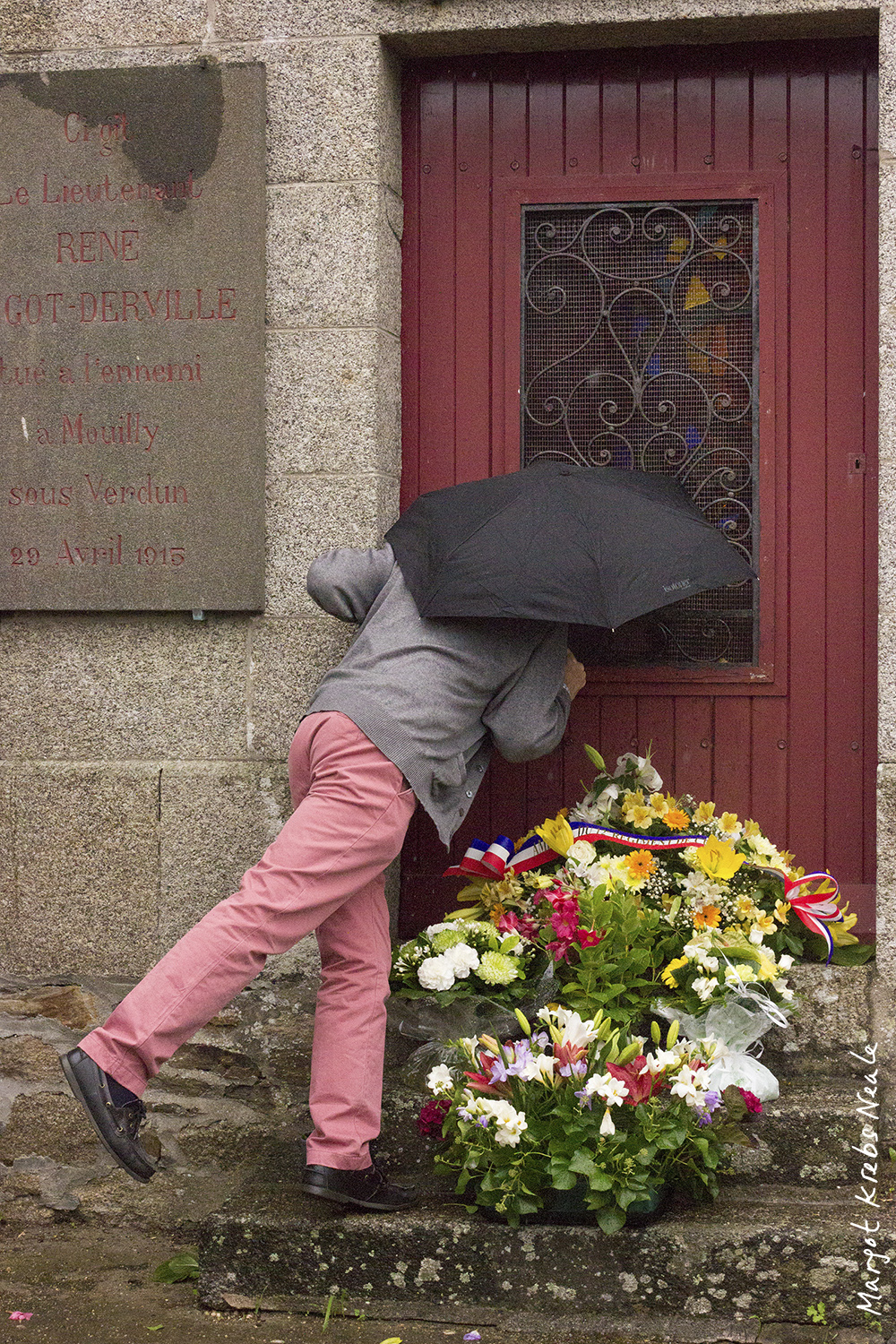Faces.
Billions of faces on the earth's surface.
Each different, so we're told,
from those that have been and will be.
But Nature—since who really understands her?—
may grow tired of her ceaseless labors
and so repeats earlier ideas
by supplying us
with preworn faces.
Those passersby might be Archimedes in jeans,
Catherine the Great draped in resale,
some pharaoh with briefcase and glasses.
An unshod shoemaker’s widow
From a still pint-sized Warsaw,
The master from the cave at Altamira
Taking his grandkids to the Zoo,
A shaggy Vandal en route to the museum
To gasp at past masters.
The fallen from two hundred centuries ago,
Five centuries ago,
Half a century ago.
One brought here in a golden carriage,
Another conveyed by extermination transport.
Montezuma, Confucius, Nebuchadnezzar,
Their nannies, their laundresses, and Semiramida,
Who only speaks English.
Billions of faces on the earth's surface.
My face, yours, whose—
you'll never know.
Maybe Nature has to shortchange us,
and to keep up, meet demand,
she fishes up what's been sunk
in the mirror of oblivion.
In Tutaj, 2009
Translation Clare Cavanagh








